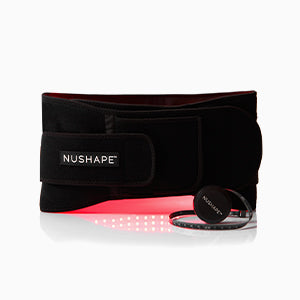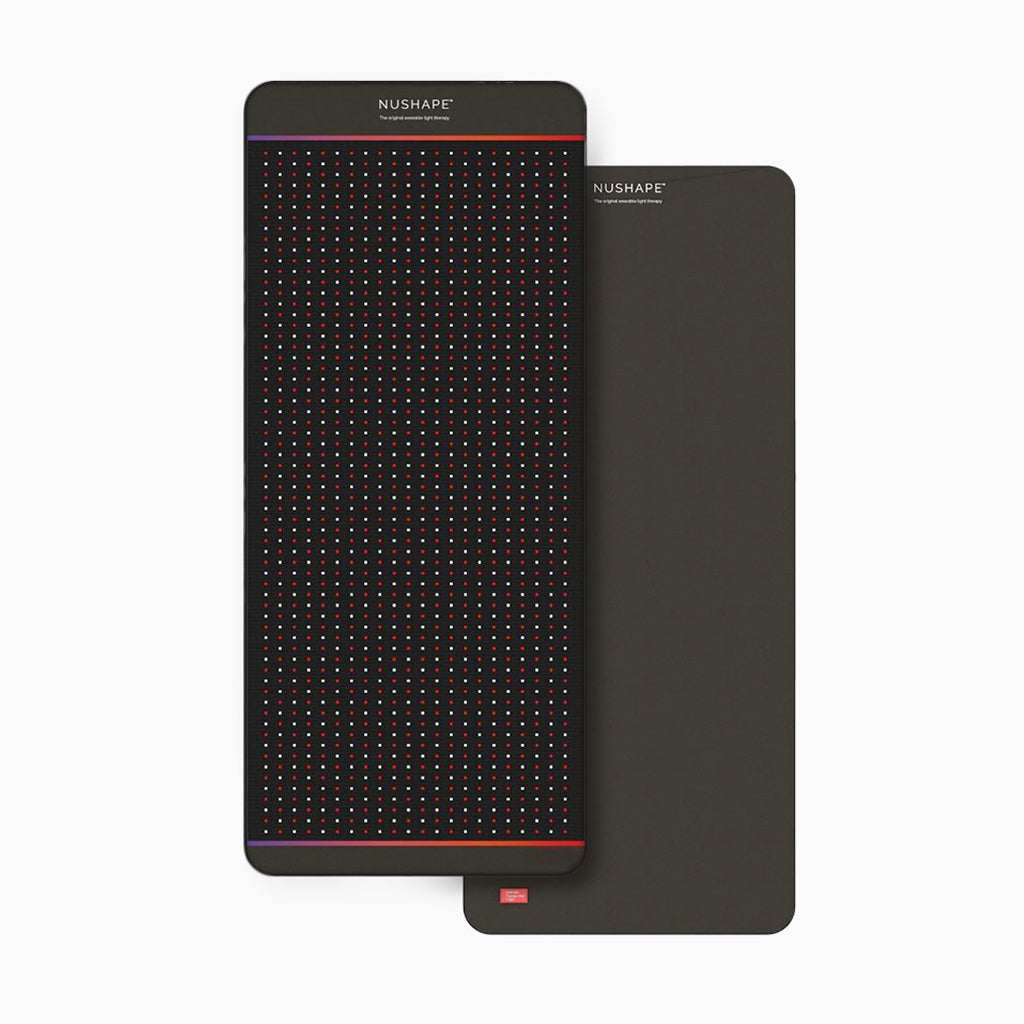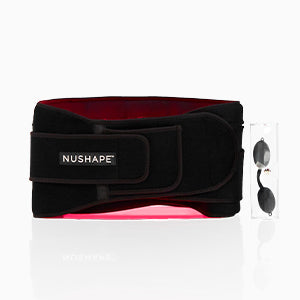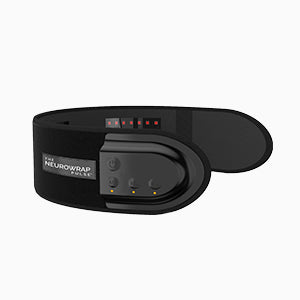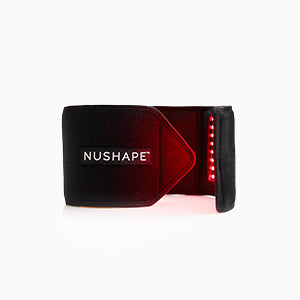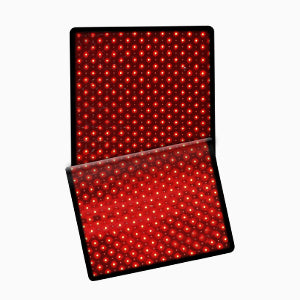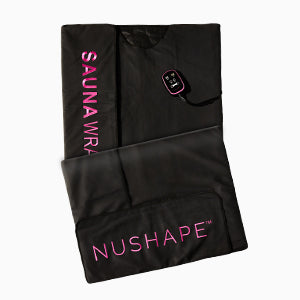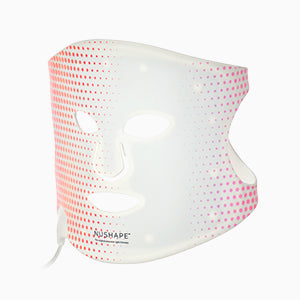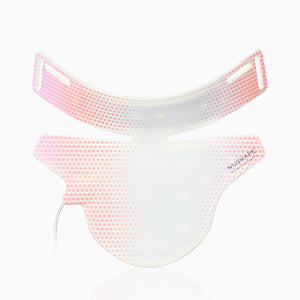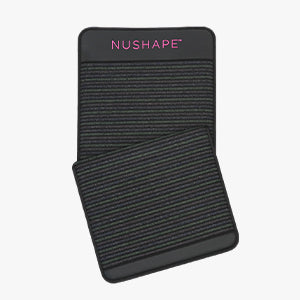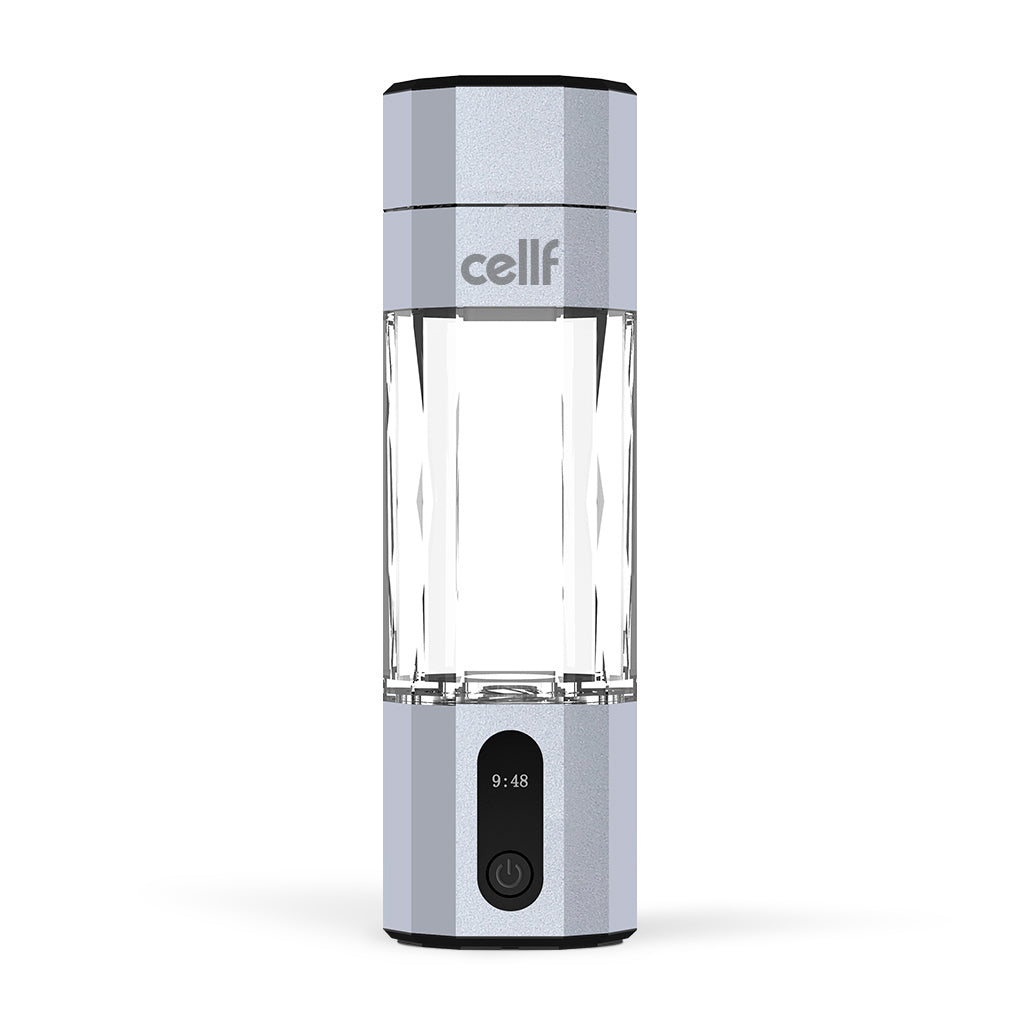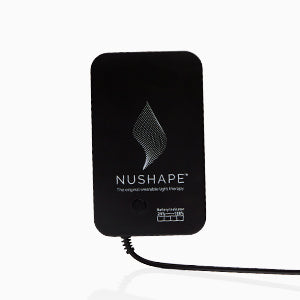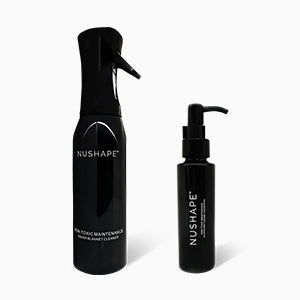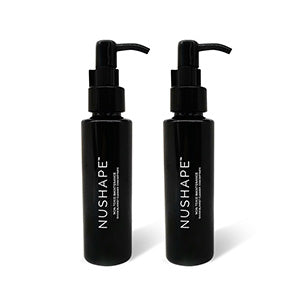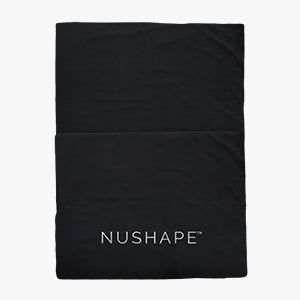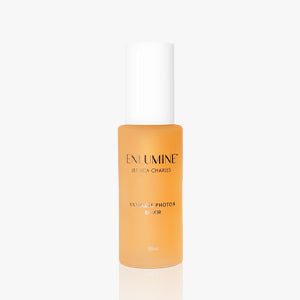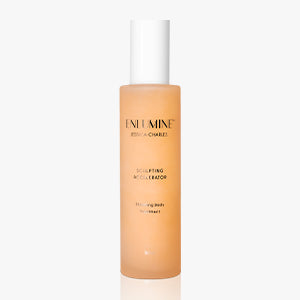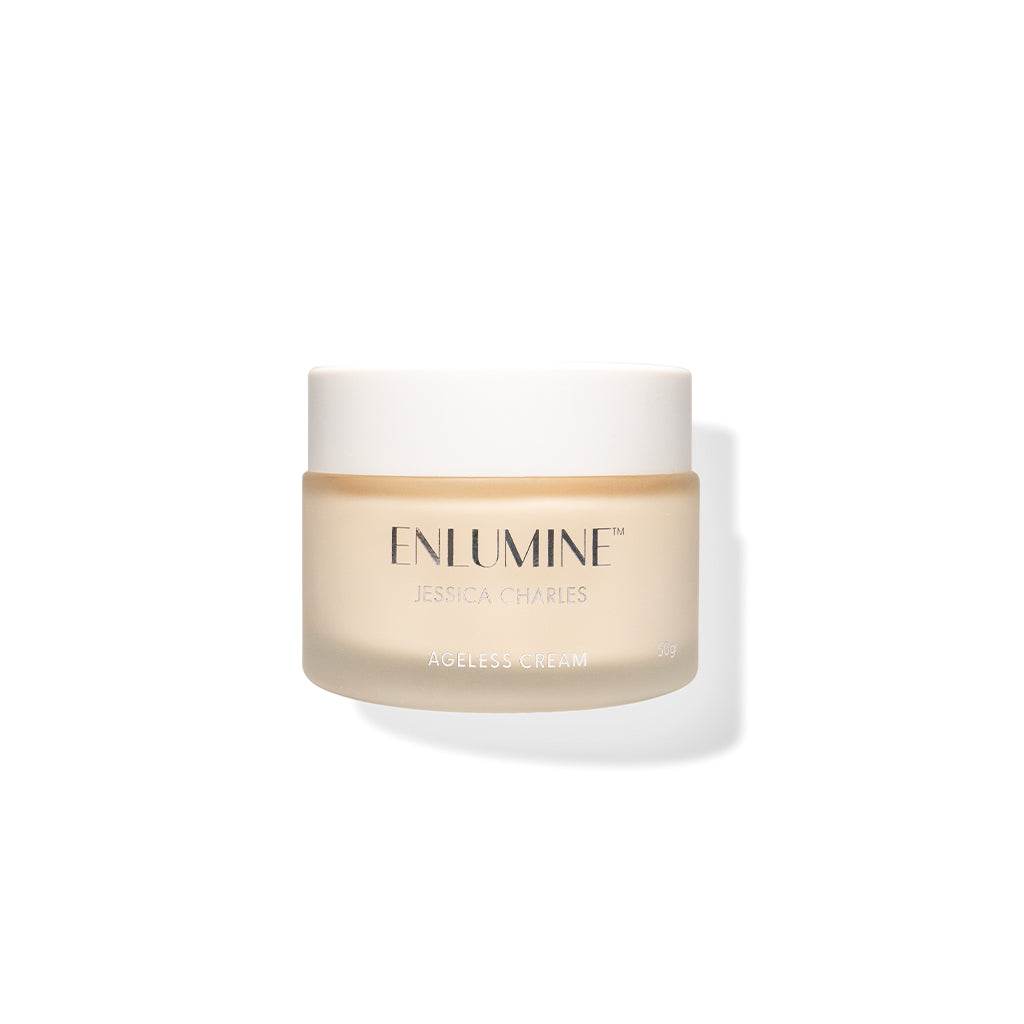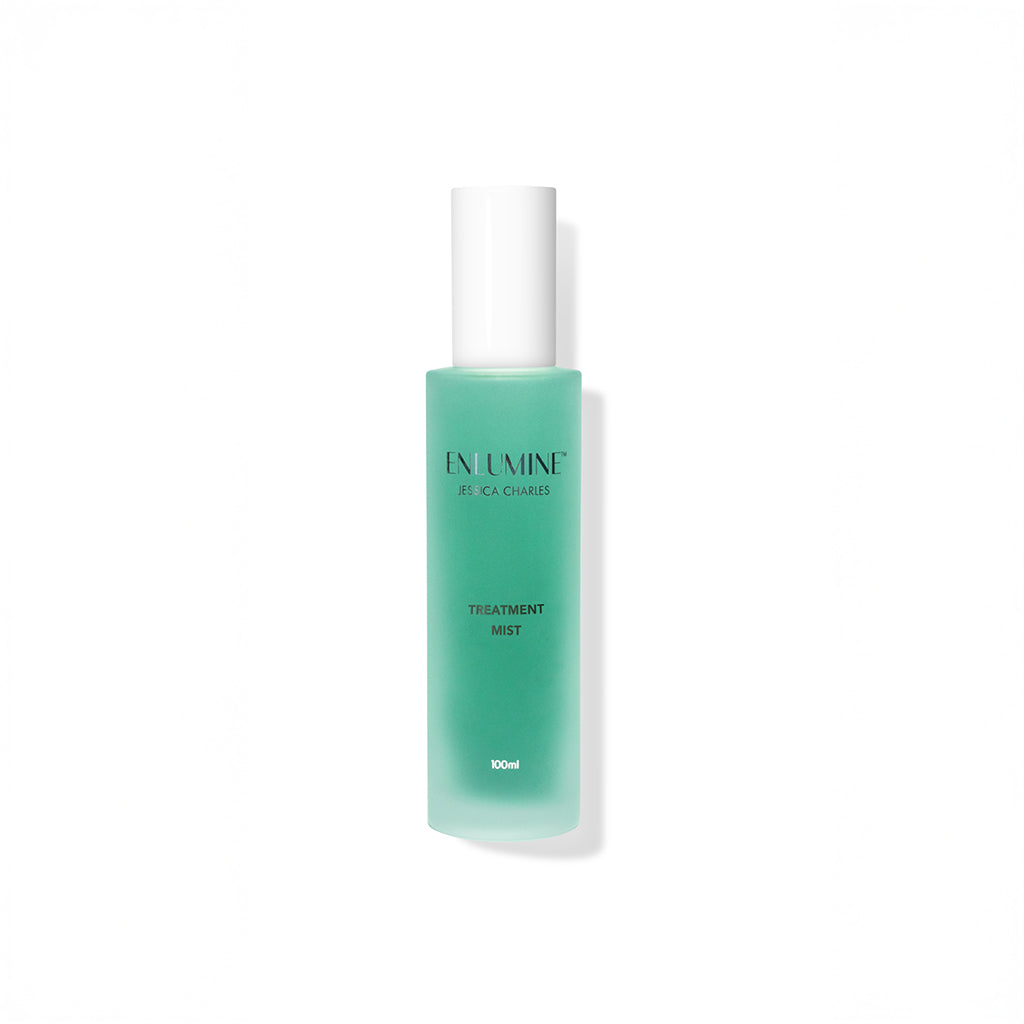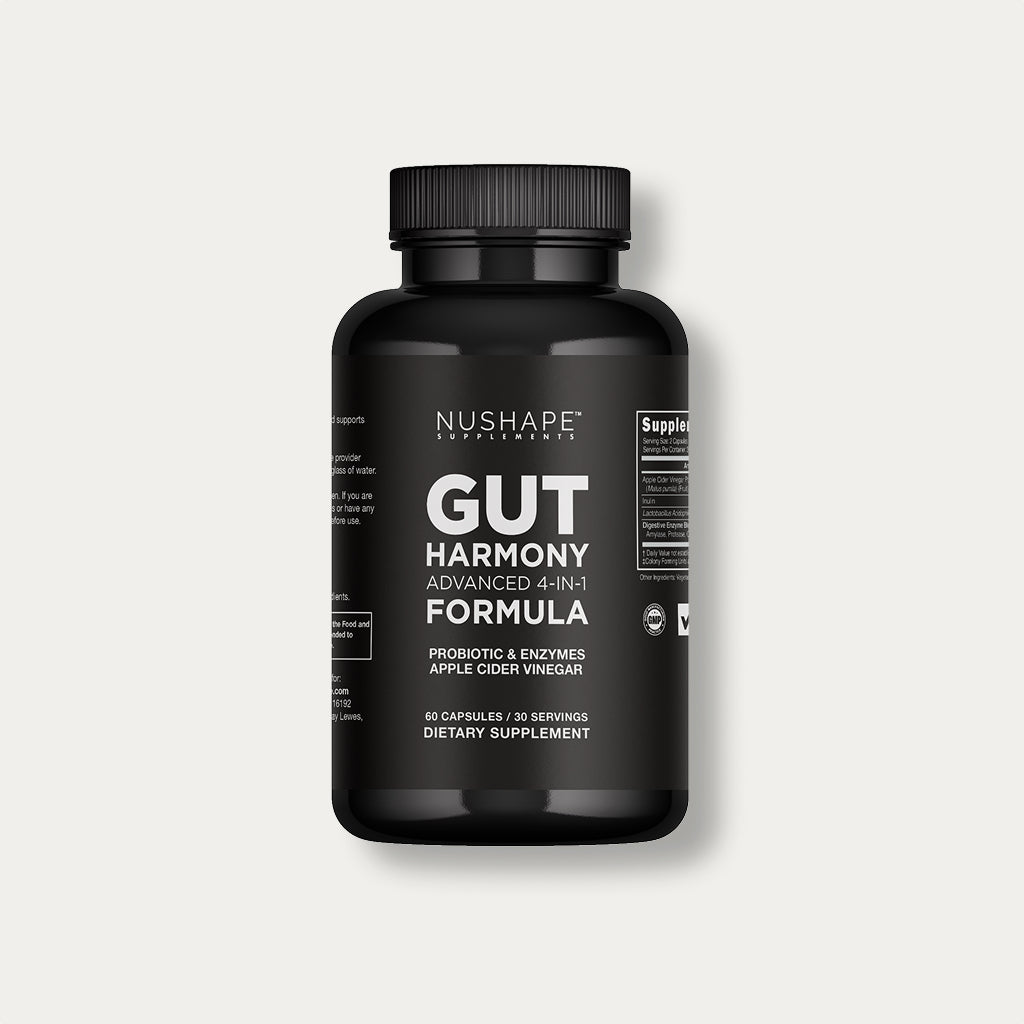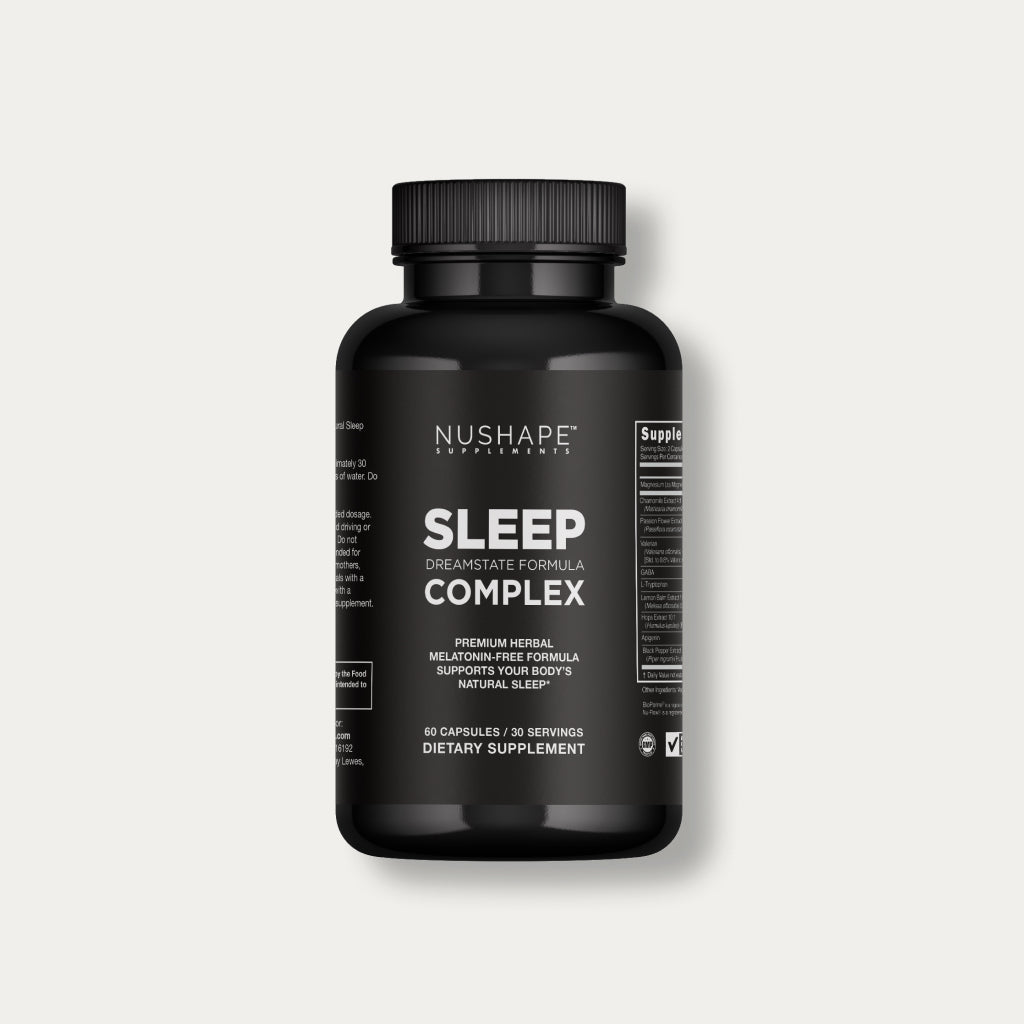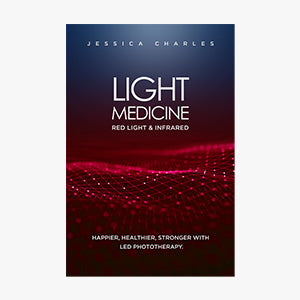
Introduction
Vegetable glycerin, also known as glycerol, is a versatile compound derived from plant oils such as palm, soy, or coconut. Its hydrating and moisturizing properties make it a popular ingredient in skincare products. This article explores the benefits of vegetable glycerin for skin, its numerous uses in skincare routines, and scientific evidence supporting its efficacy.
Benefits of Vegetable Glycerin for Skin
Vegetable glycerin offers numerous benefits for the skin, primarily due to its humectant properties. As a humectant, it attracts and retains moisture from the environment, making it highly effective for maintaining skin hydration. This is particularly beneficial for individuals with dry or dehydrated skin. According to research, glycerin significantly improves skin hydration and enhances the skin barrier function, helping to protect against environmental irritants and allergens (Korponyai et al., 2017).
Another notable benefit of vegetable glycerin for skin is its anti-irritant and anti-inflammatory properties. Studies have shown that glycerin can reduce skin irritation and inflammation, making it suitable for sensitive skin and conditions like eczema and dermatitis. For example, a study published in the "Archives of Dermatological Research" demonstrated that glycerin effectively alleviates skin irritation caused by sodium lauryl sulfate, a common irritant in personal care products (Atrux-Tallau et al., 2010).
Moreover, vegetable glycerin has been found to promote wound healing and improve skin elasticity. Its ability to facilitate the repair of the skin barrier and enhance skin elasticity makes it a valuable ingredient in anti-aging skincare products. The anti-aging benefits of glycerin are attributed to its moisturizing effects, which help reduce the appearance of fine lines and wrinkles (Choudhary et al., 2021).
Uses of Vegetable Glycerin for Skin
The uses of vegetable glycerin for skin are extensive, making it a staple in many skincare formulations. One common application is in moisturizers and creams, where it helps maintain skin hydration and softness. By drawing moisture into the skin, glycerin ensures long-lasting hydration, which is essential for healthy, glowing skin.
Vegetable glycerin is also used in facial cleansers and toners. Its gentle nature makes it an ideal ingredient for cleansing products, as it effectively removes impurities without stripping the skin of its natural oils. This helps maintain the skin's natural moisture balance, preventing dryness and irritation.
In addition, vegetable glycerin is a key ingredient in many serums and anti-aging products. Its ability to improve skin elasticity and reduce wrinkles makes it a valuable component in formulations aimed at combating the signs of aging. Regular use of glycerin-based serums can help achieve smoother, more youthful-looking skin.
Scientific studies also highlight the potential of glycerin in treating various skin conditions. Its antimicrobial properties make it effective in managing acne by reducing the proliferation of acne-causing bacteria. Additionally, glycerin's soothing effects can alleviate symptoms of conditions like psoriasis and rosacea, providing relief from redness and irritation (Choudhary et al., 2021).
Scientific Evidence Supporting Glycerin's Benefits
Scientific research provides robust evidence supporting the benefits of vegetable glycerin for skin. For instance, a study published in the "Journal of Investigative Dermatology" found that glycerin significantly improves skin hydration and barrier function. The study noted that glycerin-treated skin exhibited enhanced moisture retention and reduced transepidermal water loss (Korponyai et al., 2017).
Moreover, research conducted on the anti-inflammatory effects of glycerin revealed that it effectively reduces skin irritation and inflammation. The study, published in the "European Journal of Dermatology," demonstrated that glycerin reduces inflammatory markers in the skin, making it beneficial for conditions like eczema and dermatitis (Atrux-Tallau et al., 2010).
Additionally, a review of clinical studies published in "Nutrients" highlighted the wound-healing properties of glycerin. The review found that glycerin promotes skin repair and enhances elasticity, contributing to its anti-aging benefits (Choudhary et al., 2021).
Conclusion
Vegetable glycerin is a powerful ingredient with numerous benefits for the skin. Its ability to hydrate, soothe, and protect the skin makes it a valuable addition to various skincare products. Scientific research supports its efficacy in improving skin hydration, reducing irritation, and promoting wound healing. Whether used in commercial formulations or DIY skincare recipes, vegetable glycerin offers a natural and effective solution for maintaining healthy, radiant skin. As the demand for natural skincare ingredients continues to grow, vegetable glycerin remains a cornerstone in achieving optimal skin health. You can opt for the best vegetable glycerin based serum by choosing Enlumine: Ultimate Photon Elixir by Ledphototherapies.com.
